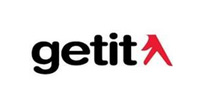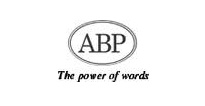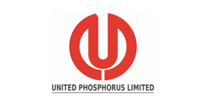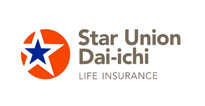Customer Testimonial
Auto Scaling:
Auto-scaling is a way to automatically maintain application availability and allows you to scale your capacity up or down automatically according to conditions you define. Auto Scaling ensures you that you are running desired Virtual Instance and can automatically increase CPU/RAM or both during high demand and decrease capacity during lower Usage to reduce Costs. Auto scaling will thus enable complete transition for the web application deployment and will provide significant commercial benefits for the web applications that experience hourly, daily, or weekly variability in the usage
Sify Offers Auto-Scaling In:
- Vertical Scaling
- Horizontal Scaling
* Vertical scaling group also called as 'VPI- vScale’ allows to upgrade the CPU/RAM based on the scaling policy defined by the customer.
* Horizontal scaling group also called as 'VPI- hScale' allows to create additional VPI's in a network tier by defining the minimum, maximum, and desired number of VPI instance at any point in time.
Highlights:
- Automatically maintain application availability
- Automatically increase CPU/RAM or both
- Support Business which has hourly, daily or weekly variability in Usage
Pricing:
Auto Scaling will be billed hourly basis based on the usage.
Billing Engine Rule
- The metering Engine starts once the scaling is enabled.
- The billing engine runs as per the invoicing cycle and bills the scaling usage based on the usage data gathered by the metering engine.
How it works:
Vertical Scaling:
- Create a VPI
- Create vScale Groups
- Attach It to VPI
- vScale group comprises of only one VPI, scaling policy. There is no load balancer for vScale group. There is no minimum, maximum and desired quantity in vScale group policy
- vScaling works for vertical Scaling and Scheduled Scaling. Manual Policy for vScale group does not contain any additional parameters. Customer can add and reduce the CPU/RAM instantly. Customer should not be taken to shopping cart or ordering process during this process.
Horizontal Scaling:
- Create a VPI
- Create hScale Groups
- Attach It to VPI
- hScale group comprises of initial VPI, scaling Policy and load balancer. A load balancer allows to distribute the incoming traffic to the scaled VPI's within the group. The Load balancer can be optional component. If the VPI in the group is attached to a LB, then scaled VPI will inherit the Load balancer settings. Also Customer can attach a Load balancer post creating the scaling group.
- hScale also works for Manual and Scheduled Based Policy.
Manual Policy for hScale group does not contain any additional parameters. Customer can add and reduce the instances instantly. Customer should not be taken to shopping cart or ordering process during this process. A separate UI control will be provided to the user to add aditional instance and remove existing instances instantly. Refer Notification sections to know the level of notification we need to send to the customer by email and SMS
Scheduled Policy for hScale group allows the customer to schedule a scheduled action for upto a month in the future. A scheduled action must have a unique time value. A scheduled policy is exception when it comes to the rule on the number of policy permitted per group. If the customer attempt to schedule an activity at a time when another existing activity is already scheduled, the policy will be rejected with an error message noting the conflict. The customer can create a maximum of 31x6 scheduled actions per month per Auto Scaling group. This allows scaling six times a day for a 31-day month for each Auto Scaling group with scheduled policy.





























